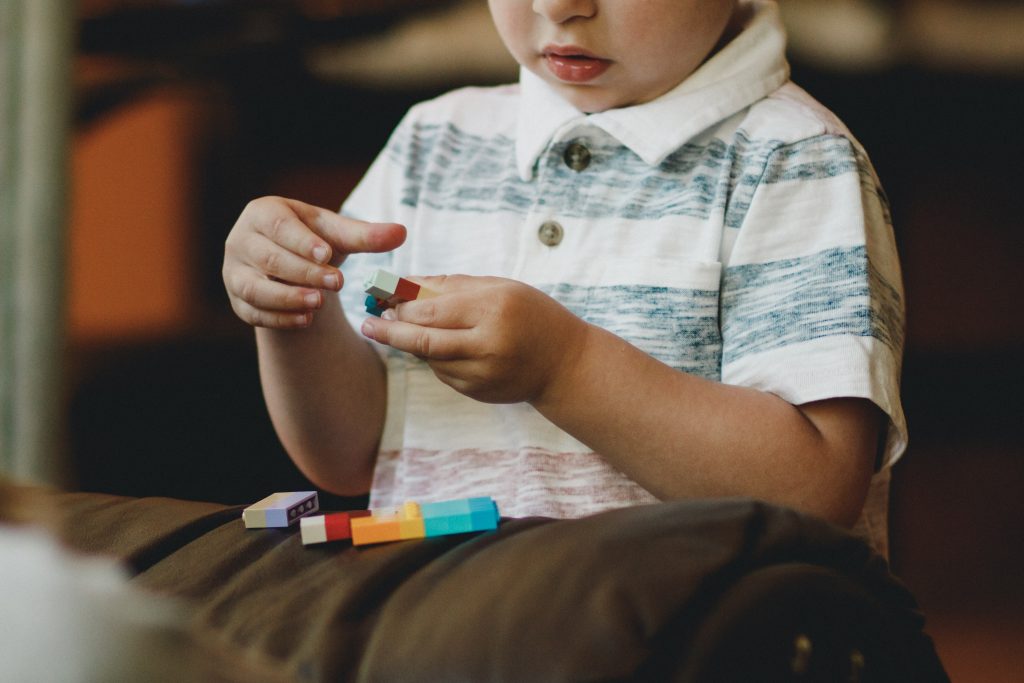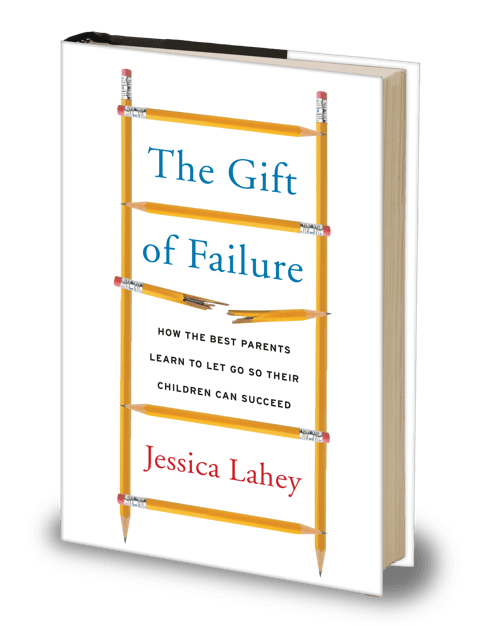In the first post of our Life Skills Series, we shared tips to help you raise critical thinkers. And next up, we’re talking about how to teach your kids problem-solving skills. As adults, we know how important they are in our everyday lives, but it’s hard to think back as to how we were taught them. For many of us, our parents just said “figure it out!” and we did. In most cases, anyway!
Related: Why it’s good to ignore your kids sometimes. Yes, really.
When kids know how to effectively problem solve, they’re better in challenging situations that might come their way. But when we actually teach them these skills, it can improve their overall mental health, and give them the coping skills they need to not just survive, but thrive, and grow into healthy, well-adjusted adults who can hopefully make the world a better place.
Find expert tips in the 3 articles in our series, updated for 2023.
4 tips for teaching kids problem-solving
1. Let go of any helicopter parent tendencies
As much as we like to claim we’re not helicopter parents, every one of us could probably name a thing or two that brings out the pilot in us. But it’s important to remember that we’re actually doing our kids a disservice in the long run when we keep an overly watchful eye on them, or worse, interfere with situations and problems that they can potentially solve on their own.
Of course, it’s important to consider your child’s age, but in many cases, rather than you taking over, offering support, encouragement, and in some cases, a little hand-holding, you’re allowing your kids to handle a lot more on their own than you might have thought they could.
Bonus: If you feel like your kids are old enough, both physically and emotionally, build a roadblock into the situation to teach them problem-solving skills. Be sure that there is a safe, healthy solution that they can come to on their own — but that extra challenge can really pay off later on.
2. Start them young, but make it fun

Problem-solving doesn’t start when they’re stuck on the side of the road with a flat tire. Kids can learn problem-solving skills from a very young age. In fact, they already do it on their own. It’s how they figure out how to climb out of the crib. (Ha!). Children as young as preschool can easily dive in with your help. Scholastic offers a helpful resource page in teaching young children problem-solving skills.
One of the easiest (and most fun) ways to teach this is through play. See if they can figure out how to build a LEGO structure without a few of the required pieces. Or a card game without one of the cards (that’s happened to us way too many times. Allow them the chance to figure it out on their own, and if you see them struggling to the point where they’re getting overly upset, offer them a myriad possible solutions. This helps get their own brain thinking about all the possibilities.
Photo by Caleb Woods on Unsplash
3. Allow for natural consequences

Depending on the age of your kids, you can build in natural consequences to problems they need to solve, or just allow them to happen on their own. The easiest example is from our friend Jessica Lahey, author of The Gift of Failure, who talks about allowing kids who have forgotten their homework to figure out a solution. In other words, before we rush home to get it for them, or call the teacher, allow your child to figure it out. They’ve probably got a phone and they certainly know how to use it. They probably know how to send an email too.
Of course, you’ll want to practice these problem-solving skills in a safe environment, and one where they have the opportunity (preferably more than one) to be successful.
And, it’s important to process what happened after the fact – looking at the decisions they made and the possible pros and cons to what they did and could of done. It’s those debriefing sessions that can help them internalize those skills.
4. Model good problem-solving yourselves, parents
You knew this was coming, right? We know that modeling healthy behavior — when it comes to reading, screen time, eating, you name it — has an impact on our own kids, so it shouldn’t be a surprise that problem-solving isn’t any different. Our kids are watching us, so it’s not just how we solve the problems that come our way, but it’s also how we handle them.
Do we give up after the first try? Do we take some time to think about alternatives before making a decision? Everything that goes into how we solve problems and how we process our emotions related to them is influential on how our kids do too.
And guess what? It’s okay if you made a bad decision. We’re going to make a lot of them. It’s good for our kids to see that too. Showing them that you acknowledge your faults, and learn from your mistakes is an invaluable lesson.




Our responsibility as parents is to raise our kids to be independent and responsible adults. Most kids live in a protected bubble, however skills like problem solving are important for them to learn to become successful adults. Making mistakes and facing obstacles will help them to encounter new perspectives on how to approach these scenarios. We should encourage our kids to acknowledge what they can learn from “difficult” situations.